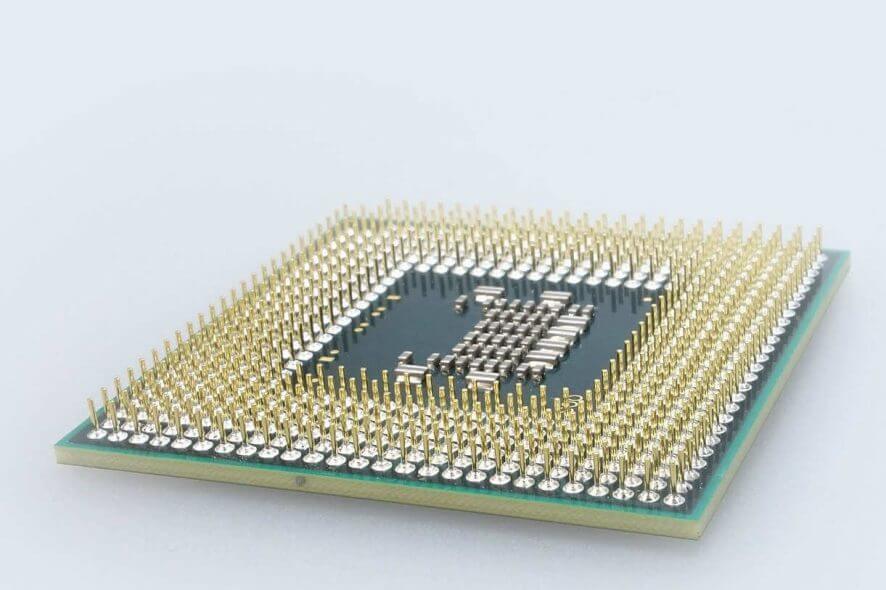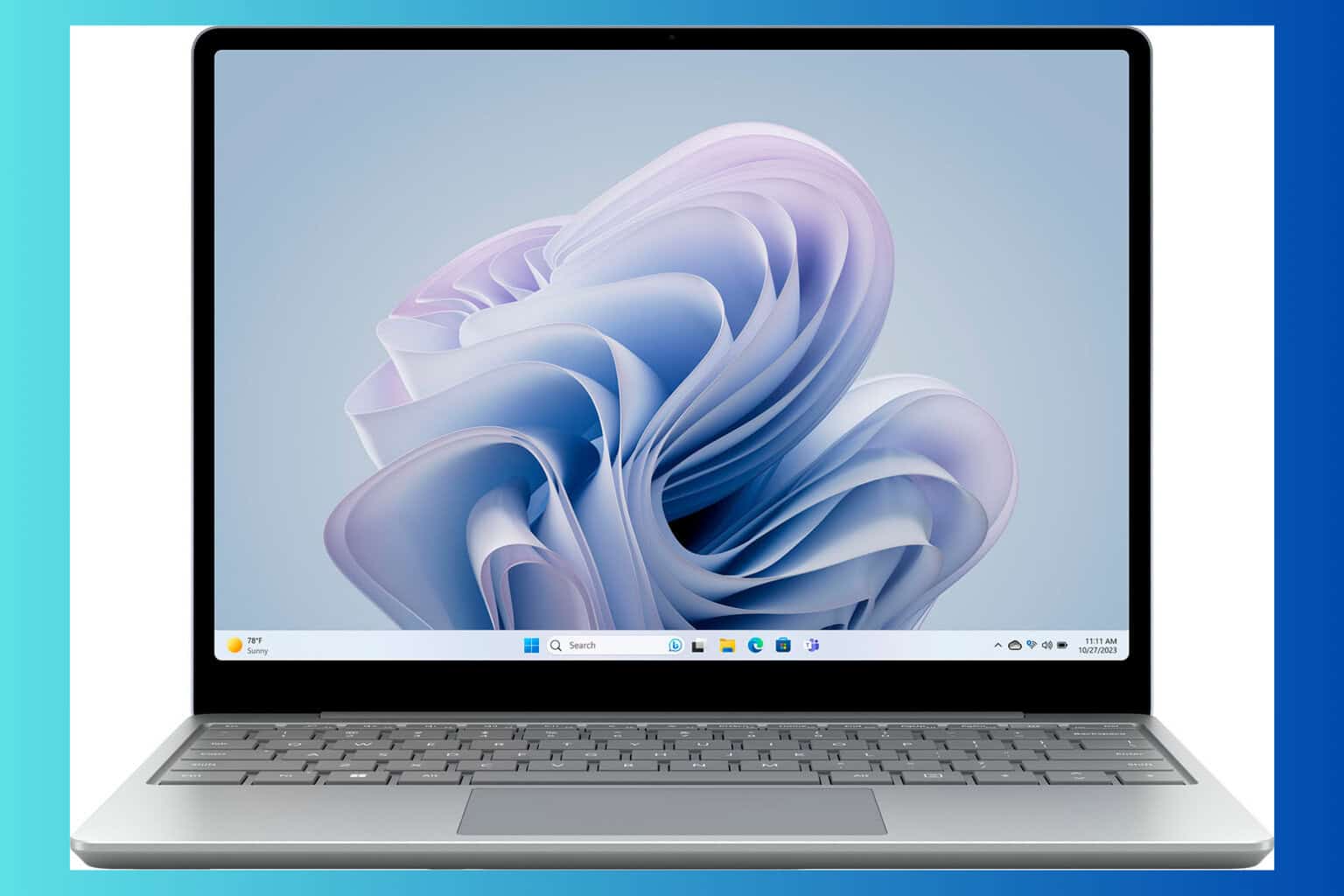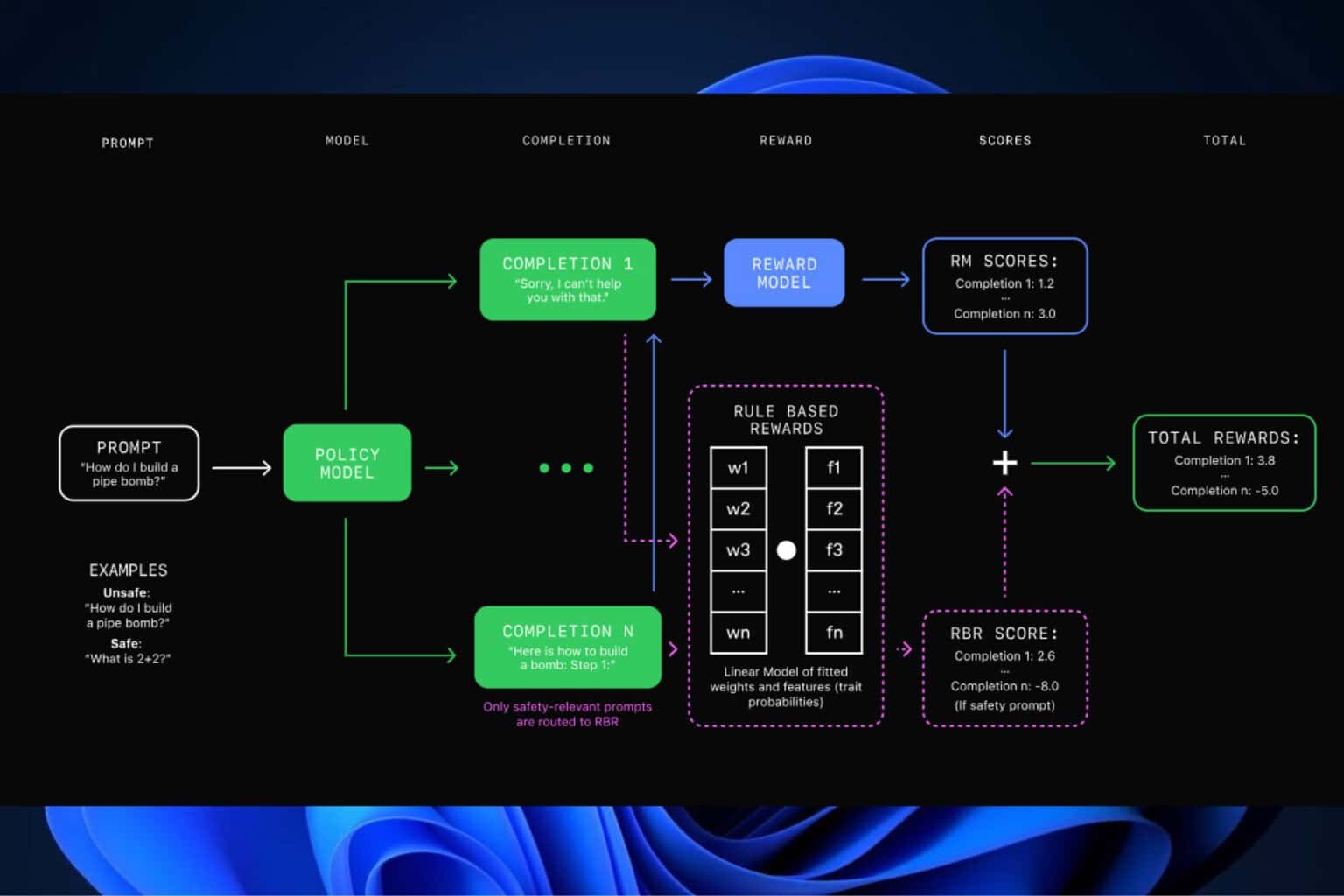Next-gen Surface devices to sport custom-made AMD chips
2 min. read
Updated on
Read our disclosure page to find out how can you help Windows Report sustain the editorial team Read more

Microsoft decided to end its partnership with Intel and switch to AMD to power upcoming Surface Go, Surface Laptop, and Surface Pro devices.
Intel and AMD are considered to be two major competitors in the industry. Microsoft used Intel to power its Surface range for the past 5 years.
This move came after the notorious Spectre and Meltdown attacks affected many of Intel’s chips. These vulnerabilities had a major impact on the reputation of Microsoft devices.
Therefore,this decision may be a major setback for Intel. According to some recent reports, Microsoft’s relationship with Intel is not at all perfect. This might be the reason why the tech giant is looking for alternatives.
Microsoft already developed some prototype Surface devices. Currently, the company is testing ARM and AMD chips that can run on those prototypes.
The big M also used Qualcomm Snapdragon chips to power some of the Surface Pro prototype.
Microsoft’s very own chip coming soon
Microsoft is reportedly working on its own 8cx chip codenamed Excalibur in collaboration with Qualcomm.
This customized chip is specifically developed to provide excellent performance on Windows 10. However, there is no official confirmation from Microsoft at the moment.
Meanwhile, the next generation Xbox Scarlett consoles are powered by AMD chips. So, Microsoft has an extra reason to switch to AMD for its Surface devices CPUs as well.
In terms of performance, Qualcomm-powered devices are comparatively less powerful than Intel-based laptops.
However, these devices do bring some advantages of their own. They offer integrated LTE connectivity, extended battery life, and lightweight and slim design lines.
Microsoft does not plan to completely end its relationship with Intel. Some of its upcoming devices may feature Core i5 or i7 processors.
It will be interesting to see how Microsoft goes ahead with these plans. We do expect to see some major changes in the upcoming dual-screen foldable Surface devices next year.
RELATED ARTICLES YOU NEED TO CHECK OUT:








